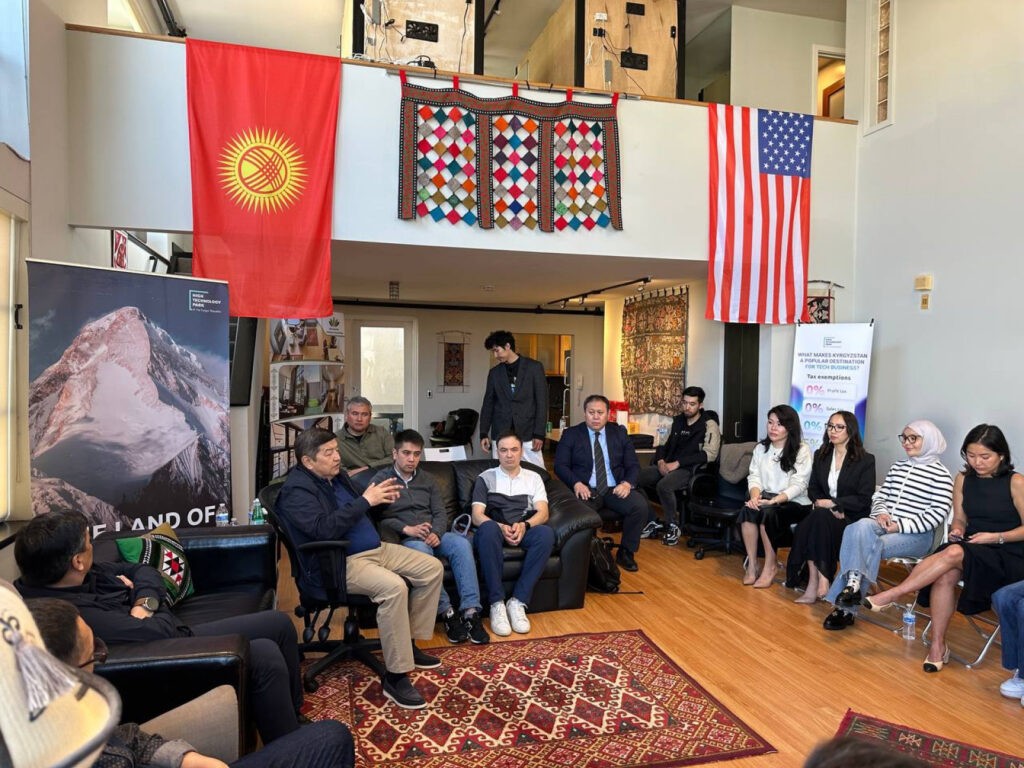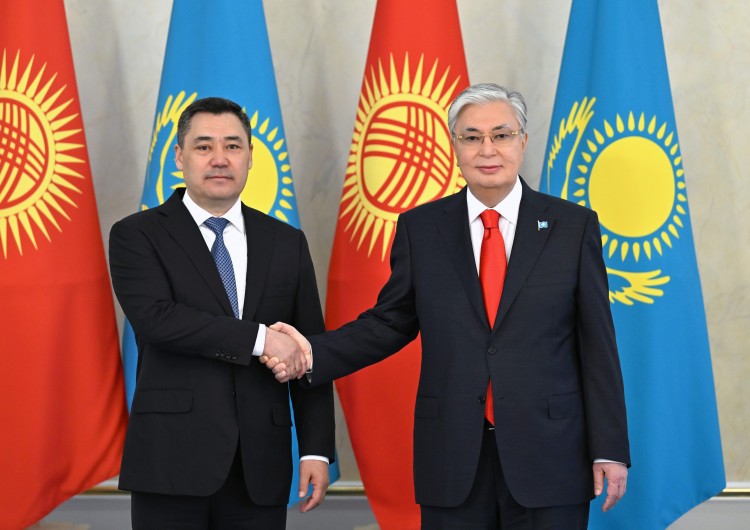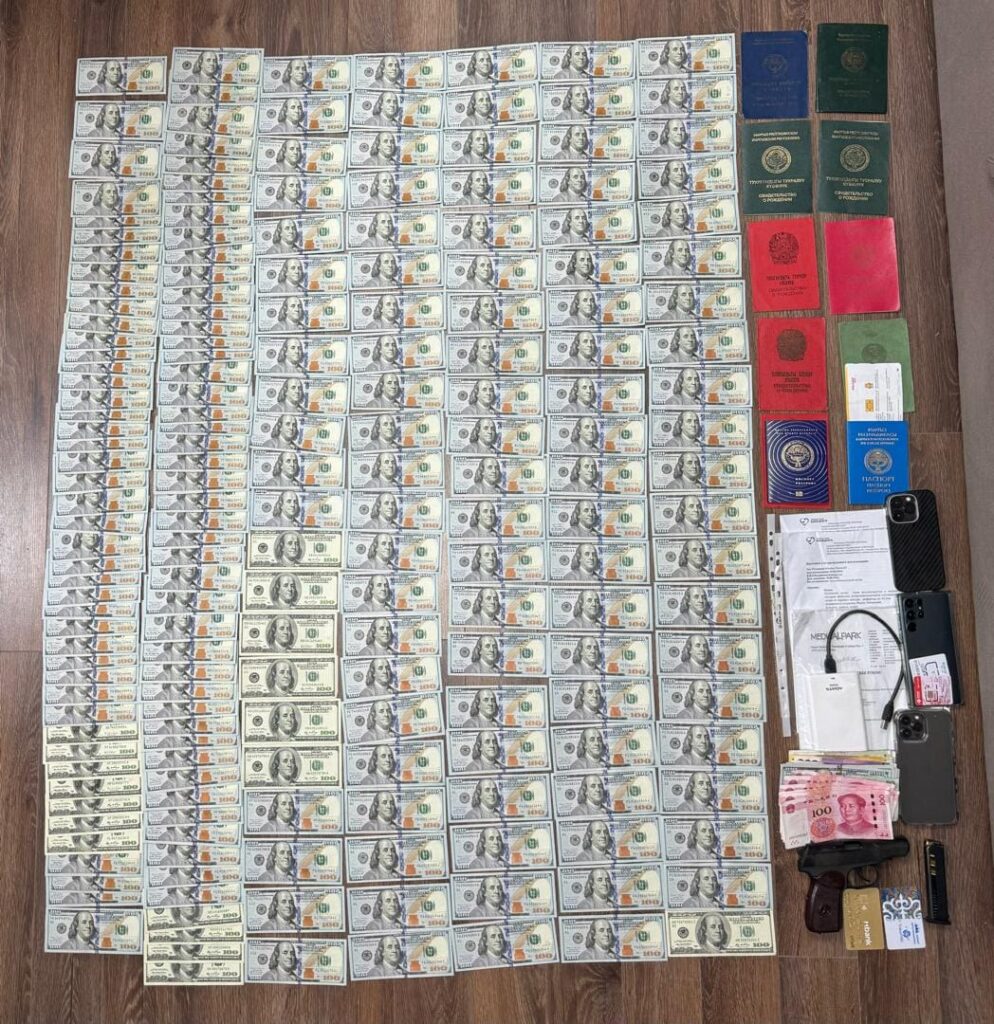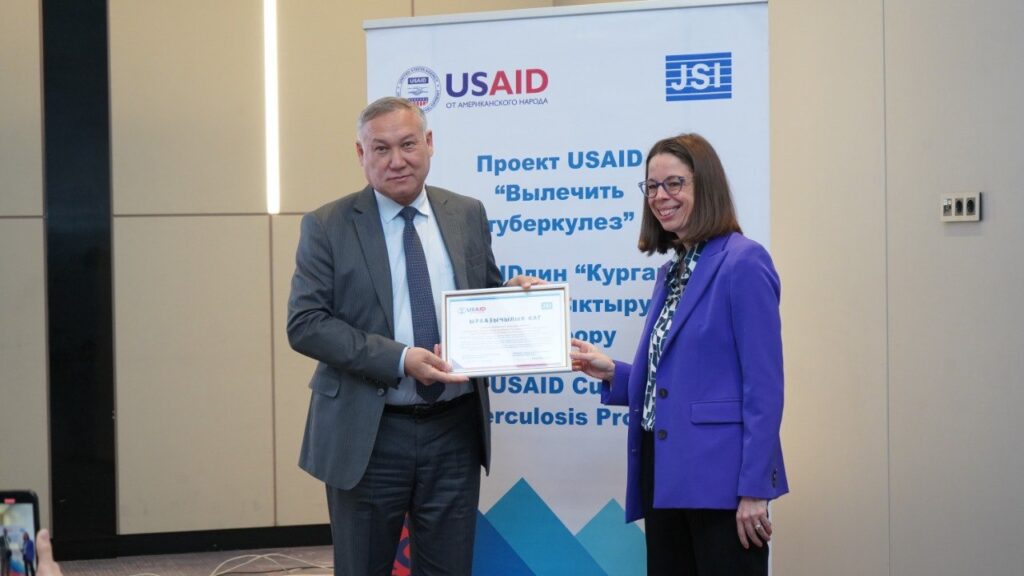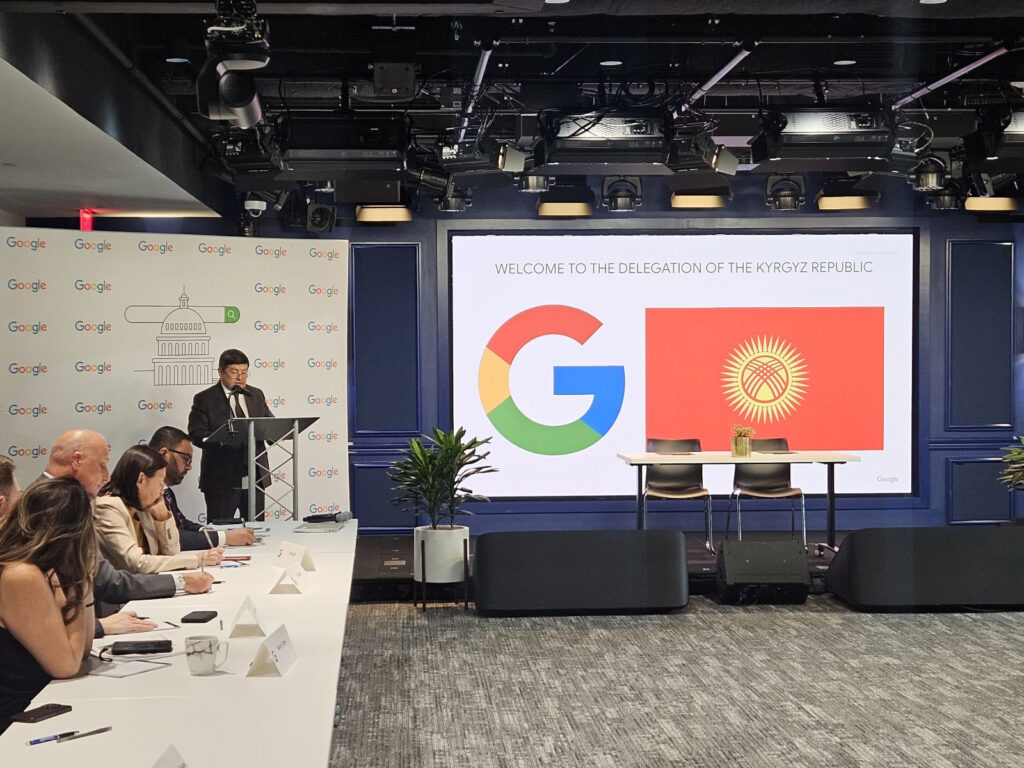Kyrgyzstan Makes Inroads into Silicon Valley
On a visit to San Francisco (USA) on April 21, Chairman of the Cabinet of Ministers of the Kyrgyz Republic Akylbek Japarov was guest of honour at the opening of the High Technology Park (HTP) House of the Kyrgyz Republic in Silicon Valley. Speaking at the event which brought together Kyrgyz IT specialists working in international technology corporations, the prime minister, emphasized the state’s readiness to support IT initiatives and the Cabinet of Ministers’ goal to make Kyrgyzstan a centre of excellence for the development of the industry: “All of you, young people, working in international IT companies are the pride of our country. Your innovation, talent and dedication make us stronger and more competitive on the world stage. It would be great if we could attract your companies to open development centres in Kyrgyzstan. We believe in you, in your capabilities and are ready to support you at every stage of your path to success.” During meetings with IT corporations at the head offices of Apple Inc., the Nvidia Corporation, and Hewlett-Packard, the Kyrgyz delegation led by Akylbek Japarov, focused on prospects afforded by collaboration to enable the government to fulfil its plans to create an IT park in Kyrgyzstan.
